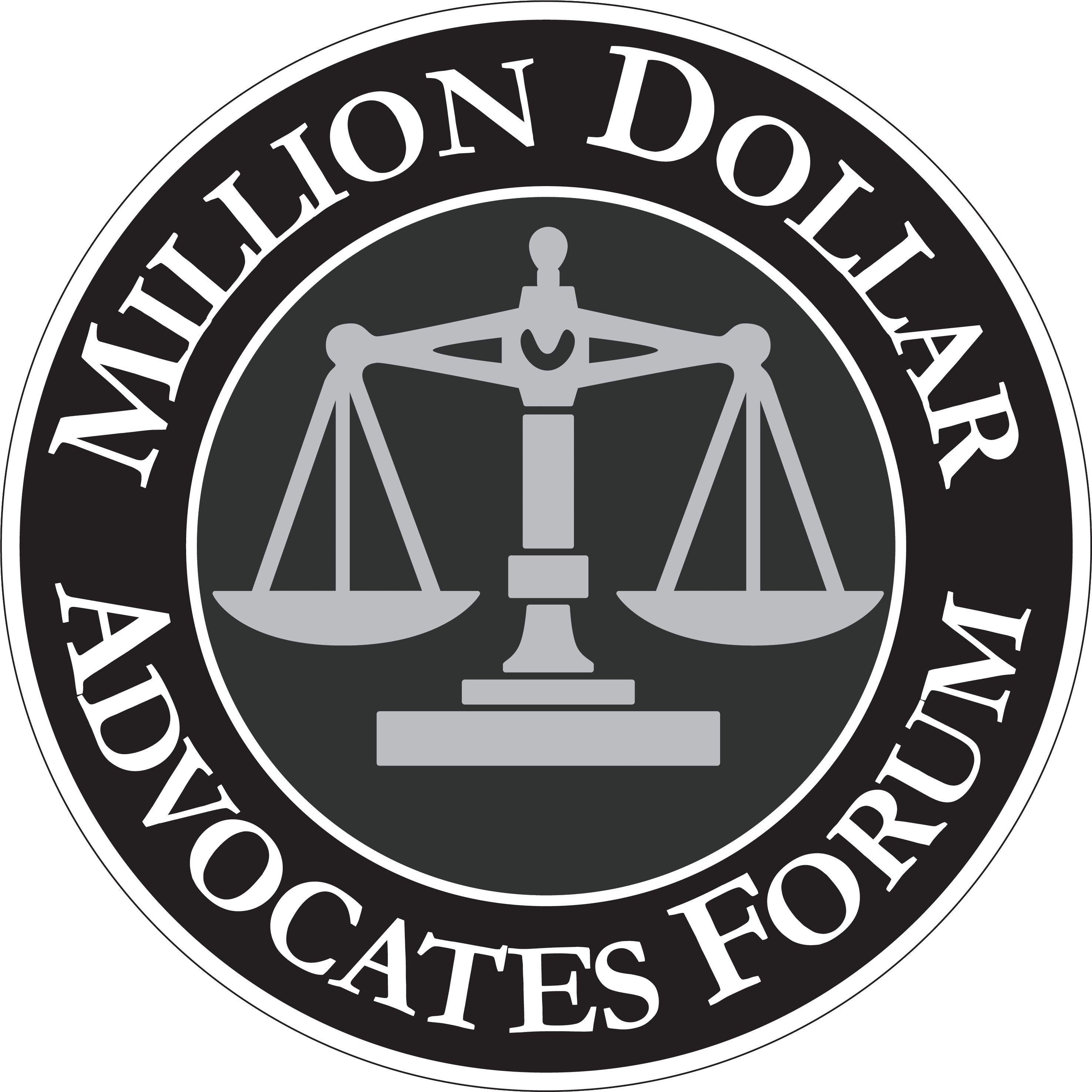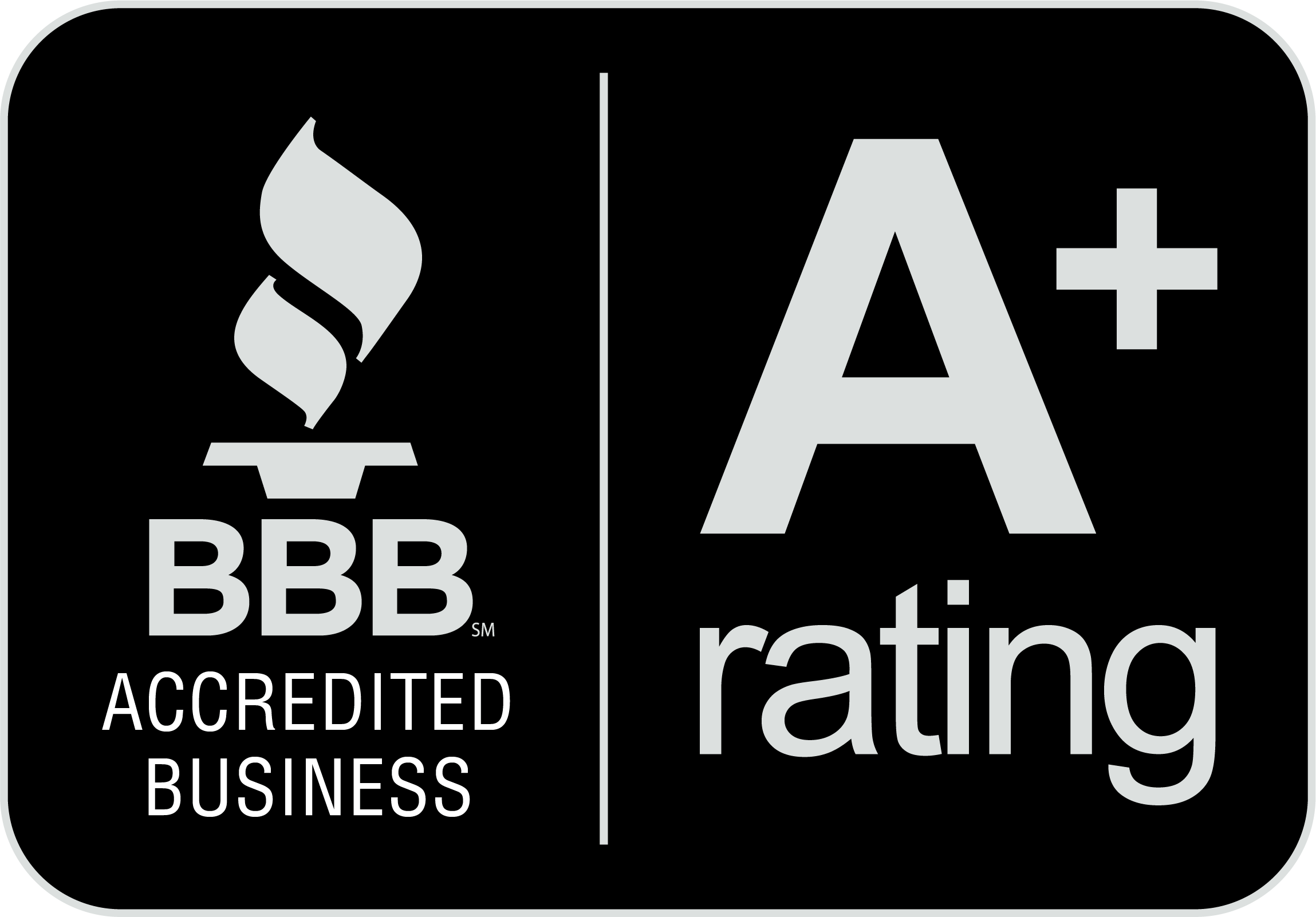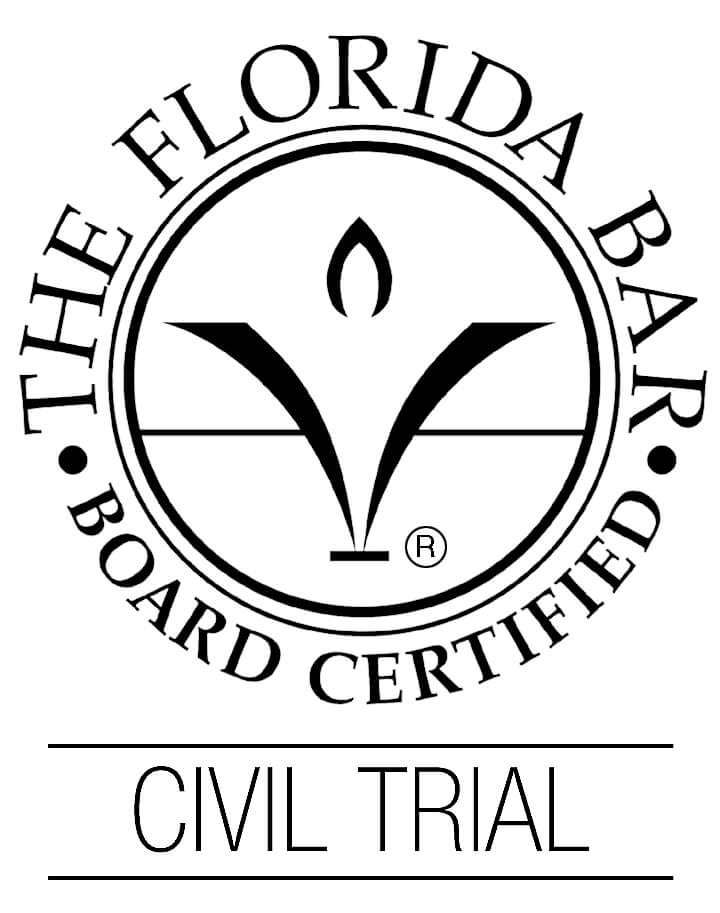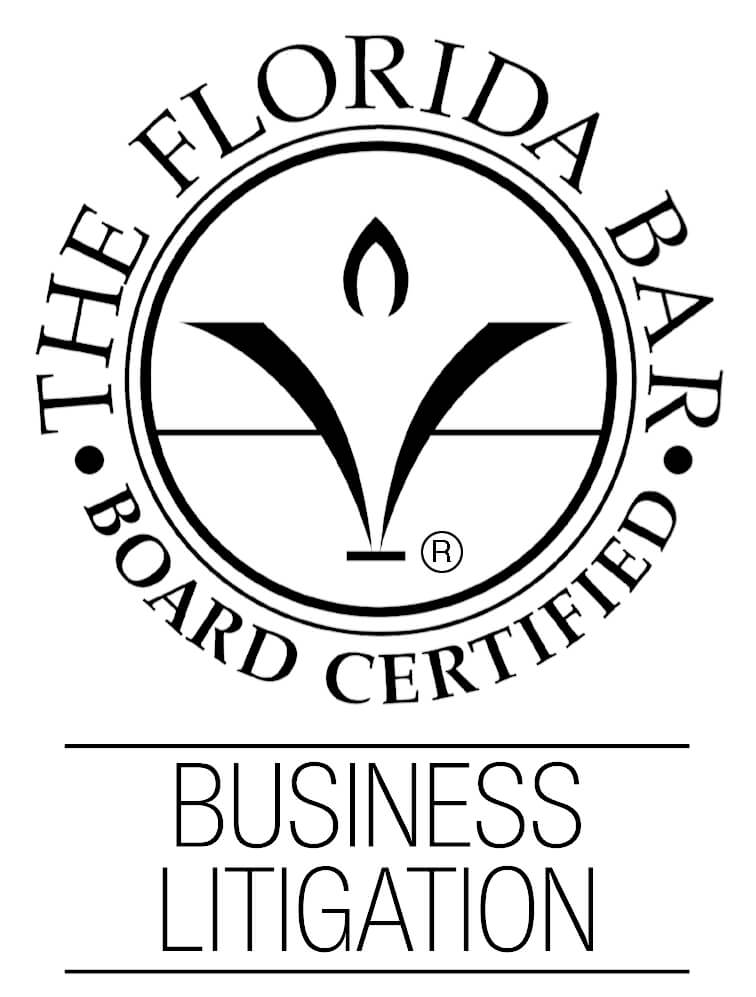Wrongful Death
Florida Wrongful Death Lawyers
Losing a loved one is the hardest moment a family can face. When that loss was preventable, caused by careless, reckless, or intentional conduct, the pain is compounded by a need for answers and accountability. Florida law gives families a civil pathway to pursue justice, financial stability, and change that may prevent future harm. If you are navigating shock, medical bills, funeral costs, and uncertainty about what comes next, you do not have to do this alone. Our role is to listen, protect your rights, investigate quickly, and pursue full and fair compensation so your family can focus on healing. You trusted us. We are honored to fight for you.
What is wrongful death under Florida law
A death is “wrongful” when it is caused by another party’s wrongful act, negligence, default, or breach of contract or warranty. In plain terms, if the person would have had the right to file an injury lawsuit had they lived, Florida’s Wrongful Death Act allows a civil claim after their passing. This claim is separate from any criminal case and is brought in civil court to compensate survivors and the estate.
Civil vs. criminal cases
A criminal case focuses on punishment by the state — jail, probation, fines — and requires proof beyond a reasonable doubt. A wrongful death case is civil. It focuses on compensation and accountability for the family, and it uses a lower burden of proof: preponderance of the evidence. The outcome of a criminal case does not control the civil case. Families can pursue a wrongful death claim whether or not prosecutors bring charges, and whether or not there is a conviction. Evidence from a criminal investigation can still be powerful in civil court, but your right to recover does not depend on a criminal verdict.
Common causes of wrongful death in Florida
Tragic losses can occur in many settings. The most frequent causes we see include:
Motor vehicle crashes
Cars, trucks, motorcycles, and pedestrians share busy Florida roads. High‑speed impacts, impaired driving, distracted driving, commercial truck violations, unsafe passing, and failure to yield can all lead to fatal injuries. Evidence often includes crash reconstruction, black‑box data, toxicology, surveillance video, and phone records.
Workplace accidents
Construction, manufacturing, utilities, agriculture, and maritime work expose people to falls, electrocution, heavy machinery, confined spaces, and explosions. Even office or retail jobs can turn dangerous due to defective equipment or poor safety practices. After a workplace death, families may have both workers’ compensation benefits and a separate civil claim against third parties whose negligence contributed to the incident.
Medical malpractice
A fatal outcome may follow medication errors, surgical mistakes, anesthesia events, failure to diagnose or treat, misread imaging, or breakdowns in care coordination. These cases require rigorous expert review and have unique procedural rules in Florida. Eligibility for certain non‑economic damages in medical malpractice wrongful death has special limitations, so an early legal evaluation is essential.
Defective products
Unsafe designs, manufacturing defects, or inadequate warnings in vehicles, medical devices, consumer goods, and industrial tools can cause fatal injuries. Product cases often involve engineering analysis, industry standards, recall history, and expert testing to show the product was unreasonably dangerous and a direct cause of death.
Premises liability
Property owners must maintain reasonably safe conditions and fix or warn of hazards. Fatal incidents can stem from falls, inadequate lighting, missing railings, unsafe elevators, fire and smoke, drowning hazards, negligent security that enables violent crime, and code violations. Responsibility can extend to owners, managers, maintenance vendors, and security contractors.
Criminal acts
Assaults, shootings, stabbings, drunk or drug‑impaired driving, and other crimes may give rise to a wrongful death claim alongside criminal prosecution. In addition to the perpetrator, negligent security or overservice of alcohol in narrow, statutorily defined circumstances may create liability for third parties.
Who can file and how the estate representative works
In Florida, only the personal representative of the decedent’s estate files the wrongful death lawsuit. The personal representative (PR) is usually named in a will or appointed by the court if there is no will. The PR brings the case on behalf of the survivors and the estate, and the complaint must identify all potential survivors.
Who counts as a survivor
Survivors typically include the spouse, children, and parents of the deceased, and in some situations other relatives who were dependent on the decedent for support or services. Which survivors can recover, and for what categories of damage, depends on the relationship and the facts. Florida law has special rules in medical malpractice wrongful death about which adult family members can recover non‑economic damages. Your attorney will evaluate eligibility carefully to protect every available claim.
How the claim proceeds
The personal representative coordinates the investigation, selects experts, and works with counsel to pursue settlement or trial. Any recovery is allocated between survivors and, where appropriate, the estate based on the types of damages proven (for example, survivors’ mental pain and loss of companionship vs. the estate’s lost earnings and medical bills from before death). Court approval may be required, especially where minors are involved.
Compensation available to families
A wrongful death case seeks to make the civil side of this loss as right as the law allows. Compensation can include:
Economic damages
- Funeral and burial expenses
- Medical bills incurred before death (for the final illness or injury)
- Loss of support and services the decedent provided from the date of injury to death, and into the future
- Lost wages and benefits the decedent would likely have earned and contributed to the family
- Estate losses such as lost net accumulations in appropriate cases
Non‑economic damages
- Mental pain and suffering for eligible survivors
- Loss of companionship and protection for a spouse
- Loss of parental companionship, instruction, and guidance for children
- Losses for parents in qualifying circumstances
Punitive damages
Where the conduct was intentional or grossly negligent — for example, egregious drunk driving, reckless corporate decisions about safety, or deliberate disregard of known hazards — the court may allow a claim for punitive damages. These are meant to punish and deter, and they are awarded in addition to compensatory damages when the legal standard is met.
Our approach is to document every category thoroughly: medical and funeral records, tax returns and employment data, household‑services analyses, expert economic projections, and testimony describing the profound human loss.
Florida’s statute of limitations (and key exceptions)
In most cases, Florida requires a wrongful death lawsuit to be filed within two years of the date of death. That deadline is strict. Evidence fades, witnesses move, and legal rights can be lost if a claim is not filed on time. Certain limited exceptions may apply — for example, some homicide‑related deaths can involve special timing rules, and medical malpractice claims have additional procedural steps and nuances that can affect timing. Do not wait. A prompt review protects your family’s rights and preserves critical evidence.
Common challenges and how to overcome them
Proving negligence and causation
Defendants may argue that the death was unavoidable, that a medical condition or third party was the true cause, or that the decedent’s own actions were primarily responsible. Florida follows modified comparative negligence: if the decedent is found more than 50 percent at fault, recovery is barred; otherwise, damages are reduced by the decedent’s percentage of fault. Meticulous investigation, expert analysis, and early evidence preservation counter these defenses.
Disputes over damages
Insurers often minimize future earnings, discount household services, or downplay non‑economic loss. We use economists, vocational experts, and life‑care planners to quantify the financial impact, and we present compelling survivor testimony to explain the human loss with clarity and dignity.
Insurance and corporate defense tactics
Expect recorded‑statement requests, quick low offers, and efforts to shift blame. We handle insurer communications, demand full policy disclosures, and pursue all responsible parties — including corporations with deeper coverage — to reach the compensation the law allows.
Why legal representation matters
Wrongful death claims demand careful strategy, resources, and experience. The right team will:
- Launch a rapid investigation to secure video, black‑box data, scene measurements, 911 audio, and physical evidence
- Retain independent experts: accident reconstruction, human factors, medical specialists, engineers, economists, forensic accountants, and security or premises experts
- Navigate complex statutes and special rules (for example, medical malpractice requirements, sovereign immunity limits, or product‑liability defenses)
- Build a comprehensive damages model that reflects both economic realities and the full human loss
- Prepare relentlessly for trial, which often drives fair settlements
We shoulder the legal burden so your family can focus on what matters most.
Frequently asked questions
Who can sue for wrongful death in Florida
The lawsuit is filed by the personal representative of the estate on behalf of survivors and, where appropriate, the estate. Survivors generally include the spouse, children, and parents, and sometimes other dependents. Eligibility and the categories of recoverable damages depend on the relationship and case type.
How is a settlement divided among family members
Allocation is based on the types of damages proven for each survivor and the estate. For example, a spouse’s loss of companionship and a child’s loss of parental guidance are separate from the estate’s medical bills or lost earnings. Courts often approve settlements, especially where minors are involved, to ensure fairness.
Can wrongful death cases go to trial
Yes. Many resolve through settlement or mediation, but we prepare every case for trial. Being trial‑ready strengthens your position and helps ensure the settlement reflects the true value of your claim.
What if the deceased contributed to their own death
Florida applies modified comparative negligence. If the decedent is more than 50 percent at fault, recovery is barred. If the decedent is 50 percent or less at fault, damages are reduced by that percentage. Thorough investigation and expert work are essential to counter blame‑shifting.
What is the difference between criminal charges and a civil wrongful death claim
A criminal case is brought by the state to punish a wrongdoer and requires proof beyond a reasonable doubt. A civil wrongful death case is filed by the estate’s personal representative to compensate survivors and the estate, using a lower burden of proof. The civil case may proceed regardless of whether there is a criminal conviction.
Support resources for families
Grief is personal, and support helps. Families often benefit from:
- Grief counseling and support groups, including hospital‑based programs and local nonprofits
- Victim services through local State Attorney offices, which can help with information, rights in criminal proceedings, and referrals
- Florida crime victim compensation information in applicable cases
- Social Security survivor benefits guidance for eligible spouses and children
- Life insurance claims assistance and documents checklists
If you need help connecting with resources, our team can point you in the right direction.
Why choose The Nation Law Firm
You did not cause this. You deserve answers and a team that will stand with you. We act quickly to preserve evidence, coordinate with experts, and build a strong case for full and fair compensation. We will handle insurers and defense counsel, keep you updated at every step, and treat your family with care and respect. Our focus is justice with compassion — the legal strength you need and the human support you deserve. You trusted us. We are honored to fight for you.
Free case evaluation
Do not navigate this alone. Call now or request a free case review. No upfront fees. We only get paid if we win. Se habla español.






.svg)
